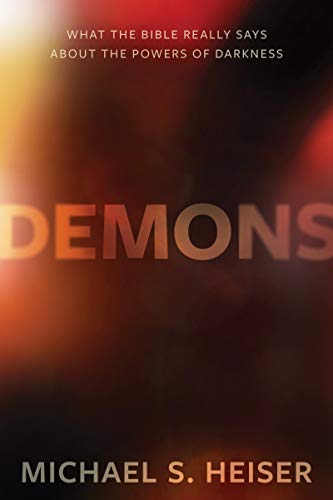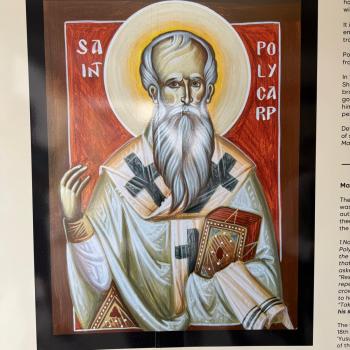BEN: I think a more cogent explanation for no exorcisms in John has to do with the Judean and Samaritan focus or provenance of that Gospel. The only Galilean miracle in all four Gospels is the feeding of 5,000 and walking on water tandem. I don’t see evidence that Jesus performed exorcisms in or around Jerusalem. It is true Jesus himself is once accused of having a demon when he does and says what he does in John, but that is another matter. Comments?
MICHAEL: Agreed again. We know that upwards to 90% of the material in John isn’t in the Synoptics. John has his own literary and theological agenda. There’s no cosmic rule against that.
BEN: Question about seeing Ezek. 43.2 as a messianic prophecy. Here and elsewhere in Ezekiel the ‘kabod’ in question is not the Messiah’s but Yahweh’s own ‘kabod’. Why should we take this to be a messianic prophecy? Zech. 14.4 is perhaps more debatable since it seems to be associated with an eschatological event, later chronicled in Rev. 21-22.
MICHAEL: My thinking there (the verse is referenced in a footnote) is a concatenation of several trajectories: (1) Ezekiel 40-48 is eschatological; (2) I think that Ezekiel’s temple is a foreshadowing, if not something even more directly prophetic, of Jesus as the Temple; (3) the return of the glory, which is attached to the new Temple in that passage, would be part of the rationale behind the use of part of its imagery to describe the risen (and returning) Christ in Revelation 1:15; 19:16. (On the non-literal nature of Ezekiel’s temple, see Naked Bible Podcast Episode 157). Part of the messaging in John’s gospel (John 2:18-22) is that the body of Jesus is where God now lives—his temple. God’s glory can’t be separated from his presence. So in Revelation (assuming common authorship, though it isn’t necessarily required), I see this notion aligned with glory/divine man descriptions in Revelation. There are a number of studies about “Jesus as Temple” that follow these same or similar lines of thought. Koester, for example, in his AYBD commentary on Revelation cites Eek 43:2 with respect to Rev 1:15, and notes Rev 19:16 as a cross-reference. I tend to prefer biblical-theological studies or monographs, though, not commentaries, when trying to trace such things. It is more common to see scholars connect Ezek 43:2 to John 7:37-39, but the “living waters” connection point part of the temple vision, so it’s just another entry point to the relationship of Jesus and the temple.













